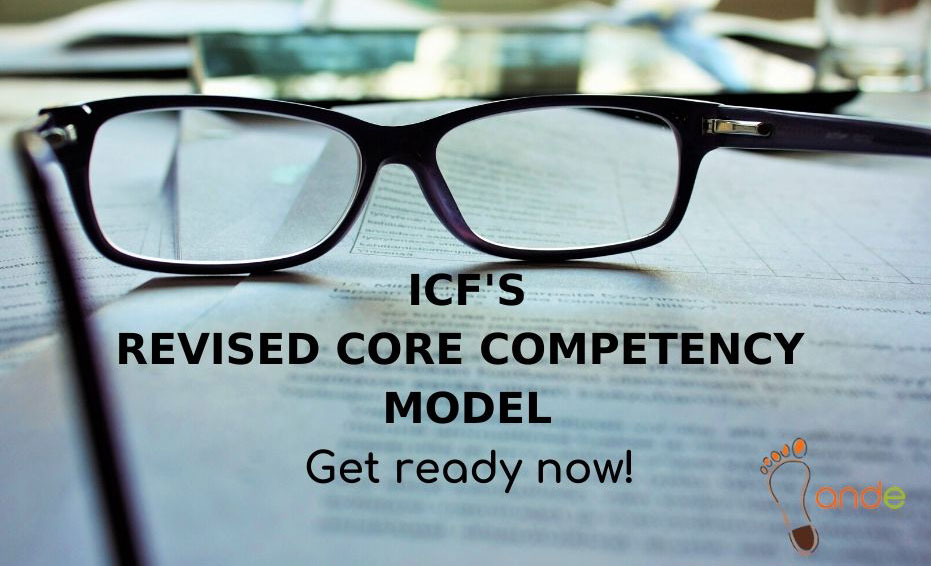ICF has presented the newly revised coach core competencies that will be rolled out in 2021.
The most significant change: The coach core competencies go from 11 to 8.
As a result of organisation-wide research, ICF found out that coaches find Ethical Guidelines as the most critical element of the coaching process, and has fine-tuned it:
· From “Meeting Ethical Guidelines and Professional Standards” to “Demonstrate Ethical Practices.”
For me, the most crucial add-on to this core competency is “Embodying a coaching mindset.”
The organisation also provides a better explanation of the core competencies: “Establishing the Coaching Agreement” and “Creating Trust and Intimacy”.
- Establishing Agreements is now “Establishing and Maintaining Agreements.”
- Establishing Trust and Intimacy is now “Cultivates Trust and Safety” (here they have taken care of the language, and cultural difference as the word intimacy has different connotations in other languages/cultures)
Your coaching agreement matters more than you think
Agreements are intended to support both the coachee and the coach. It is about what to expect and how to carry out professional coaching conversations.
With the agreement in place and a clear structure possible, you can keep the coaching focused and be secure enough to explore the clients thinking and develop their awareness.
How do you create commitment and awareness, and how do you keep evaluating the progress of clients?
Create a transformative coaching agreement in line with ICF standards
When you have well-written contracts and clearly defined goals, and outcomes, both the client and coach will feel safe, trust the process and get where they want to arrive.



 Edmée is a Professional Certified Coach (PCC) and a Certified Mentor Coach with over 15 years of broad international experience supporting coaches to prepare for ICF certifications and individuals with their personal growth. Her trademark course
Edmée is a Professional Certified Coach (PCC) and a Certified Mentor Coach with over 15 years of broad international experience supporting coaches to prepare for ICF certifications and individuals with their personal growth. Her trademark course